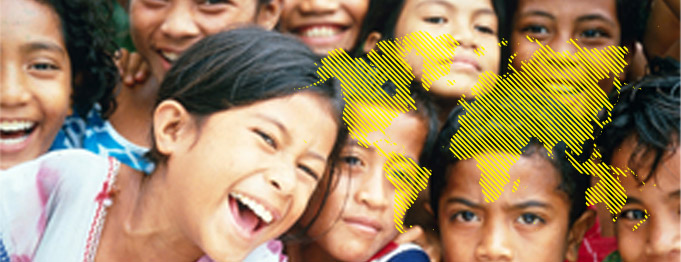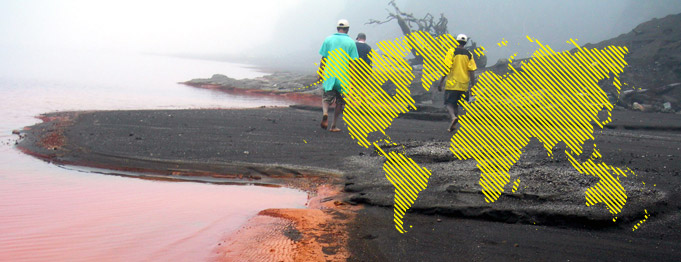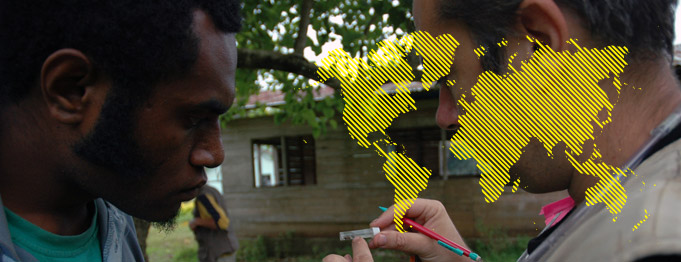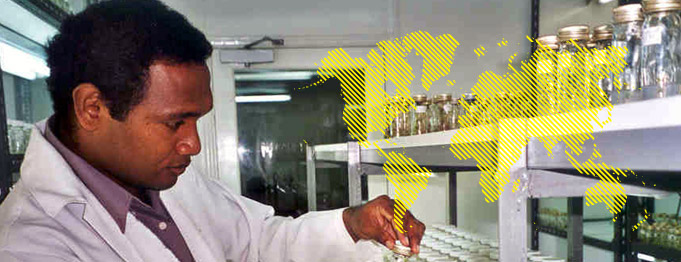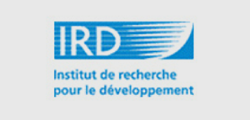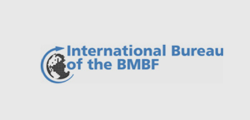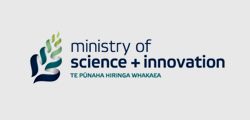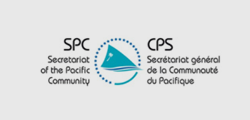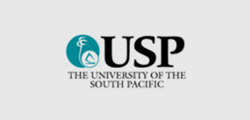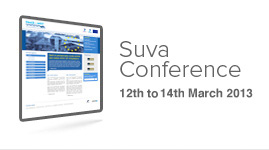2012 Asia-Pacific Human Development Academic Fellowship
Embedding Environmental Concerns into Poverty Reduction and Inclusive Growth
Context and Objective
The human development approach puts people at the centre of development. It recognizes economic drivers for change but goes beyond them to raise issues of enhancing human capabilities and expanding people’s choices. The objective of the Academic Fellowship is to encourage young PhD students from developing countries in Asia-Pacific to analyze critical development issues from a human development perspective, contributing to development theory, applications and policies that puts people at the centre of development debates. Thus, the fellows are expected to push the frontiers of research on human development. The research must focus on a well-defined aspect of human development under the theme selected for the year and can be theoretical, applied policy oriented, or a combination.
Theme: Embedding Environmental Concerns into Poverty Reduction and Inclusive Growth
Despite Asia-Pacific’s strong economic growth, extreme poverty and climate vulnerability affects many people in the region. The region is home to two-thirds of the world’s poor and 51 per cent of the world’s population without access to electricity live in developing Asia. Many poor women and men heavily rely on natural resources for their livelihoods, sensitivities to climate variations and environmental degradation are important determinants of their poverty and vulnerability. In addition, climate change threatens to negatively impact hard fought human development gains. A lack of people-focused environmental governance is a key issue affecting poverty in the region, including unequal distribution of gains from extractive industries, harvesting of natural resources and uncertain property rights and land tenure. Linkages between poverty, environment and climate are often partially understood and do not find a place in mainstream economic decision-making. As a result, sustainable management of natural resources and environmental governance are not high priorities, resulting in continuous resource loss and degradation as well as entrenched poverty and inequality in many parts of the region. Unless these environment based vulnerabilities are addressed in a realistic manner inclusive growth will be hard to achieve and significant pockets of deprivation and vulnerability could persist and escalate. There is a need to raise awareness at multiple levels of the poverty-environment linkages as well as the need to enhance institutional capacity at the local, national and international levels to integrate environmental issues into the development discourse. How can embedding environmental concerns into human development strategies be an effective response to poverty and exclusion? What revitalised thinking and analyses on development issues facing the Asia-Pacific region is needed to mainstream environmental concerns and ensure that they form an essential component of future strategies, plans, programmes and policies? These are some of the questions that could be addressed.
The Fellowship
The UNDP Asia-Pacific Human Development Academic Fellowship carries an award of US$10,000. Students will be required to submit to UNDP a copy of their final approved dissertation. In addition, fellows may be expected to present their work in workshops, seminars, and other events arranged by UNDP (travel costs will be covered separately). The thesis will acknowledge UNDP’s support by saying: “The author acknowledges the financial support received from the UNDP Asia-Pacific Human Development Academic Fellowship for the research.
Application Process
All candidates must complete a formal application in English or with an English translation, including:
• Application form
• Summary statement of the objectives of the proposal
• Project proposal not exceeding 2,500 words
• Curriculum vitae
• Two academic references
Completed applications should be sent to: undpfellowships@tttglobal.com
Online applications can be submitted at: http://asiapacific-hdr.aprc.undp.org/2012-asiapacific-human-development-... Incomplete applications or those received after the due date will not be processed.
Eligibility criteria are as follows:
• Be a citizen of a developing country in the Asia-Pacific region (list of countries in Annex II)
• Have a Master’s degree in a relevant discipline such as a social science, liberal arts, or management and be currently enrolled as a fulltime PhD student
• Have identified a human development-related topic (further reading on human development topics is encouraged prior to submission of application. For a list of readings on human development, see Annex I)
• Submit a proposal approved by her/his direct supervisor at the university in which a PhD is being pursued
• Be younger than age 35. In exceptional cases, the age requirement may be relaxed to accommodate candidates who have returned to full-time study after a period of work and/or family responsibilities
• Not be a UN staff memberSelection Criteria Applicants must meet the following criteria to be selected:• Exceptional degree of creativity in choice of idea or topic
• Stage of development of the proposal
• Value-addition or new direction to the human development concept, methodology, analysis, application, or policy relevance
• Track record of past accomplishments
• Time needed for completing the work undertaken
Selection will also be based on an assessment of written proposals up to 2,500 words. A review of eligibility and assessment of the proposals submitted will be the basis for short listing. Short listed candidates will be required to participate in an interview. An independent selection committee will review the proposals and interview with the short listed candidates for the final selection.
Deadline
Applications should be submitted by 15 September, 2012.Contact Information Applications or any queries should be sent, preferably by e-mail, to: undpfellowships@tttglobal.com Alternatively, they may be sent by post to: UNDP Asia-Pacific Human Development Fellowships Training and Technology Transfer PO Box 10488 Wellington 6011 New Zealand
Annex I
A selected list of readings on human development includes the following:
• What Is Human Development? (http://hdr.undp.org/hd/)
• Human Development Reports (http://hdr.undp.org/; especially chapter 1 of HDR 1990)
• Asia-Pacific Human Development Report (http://asiapacific-hdr.aprc.undp.org)
Annex II
Nationals of the countries listed hereafter are eligible to apply in their individual capacity: 1. Afghanistan 2. Bangladesh 3. Bhutan 4. Cambodia 5. China 6. Cook Islands 7. Democratic People’s Republic of Korea 8. Federated States of Micronesia 9. Fiji 10. India 11. Indonesia 12. Iran, Islamic Republic of 13. Kiribati 14. Lao People’s Democratic Republic 15. Malaysia 16. Maldives 17. Republic of Marshall Islands 18. Mongolia 19. Myanmar 20. Nauru 21. Nepal 22. Niue 23. Pakistan 24. Palau 25. Papua New Guinea 26. The Philippines 27. Samoa 28. Solomon Islands 29. Sri Lanka 30. Thailand 31. Timor-Leste 32. Tokelau 33. Tonga 34. Tuvalu 35. Vanuatu 36. Viet Nam

